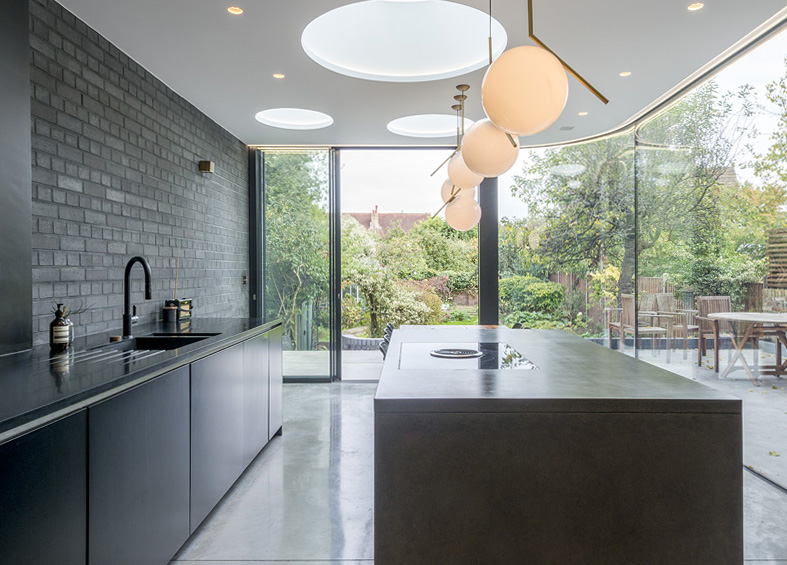For anyone lacking room and space in the house, a home extension seems to be a perfect idea. Sure, it’s not the cheapest route to adding space to your house, but it’s a practical solution if you need to expand whatever little space you have there. Whether it’s because you’re expecting an additional family member or you want a home office now that you’re working from home, a house extension is not a small project to get into. Make sure you’re well aware of all the nitty-gritty details of a home extension plan before diving into this.

What Do You Need the Extension For?
Do you need it for your kitchen or are you going to turn this into a home office? Do you need an additional bedroom? Can’t you convert an unused part of the house into a bedroom? Remember that a home extension is a major renovation project. If you think this is the solution to your space problem, then make sure of what function it will play in your house.
Check the Wires, Layout, Etc.
If you are going to use the extension for a kitchen, then make sure to build it beside your old kitchen. If it’s for an additional indoor garage, then build it near the garage or the side of your home if you do not have an existing garage. Even with a big lawn, it matters where you’re going to put this extension. It needs proper wiring and plumbing. The economical way of doing this is having the extension near where the pipes and electrical lines run.
Your contractor will tell you the same thing. You will thank yourself for making this decision when you don’t need to do install new wires for a new unit of an air conditioner. All you have to do is to call an air-conditioning installment service. Since there’s already an electricity line, the installers won’t have to make a new one. This is cheaper than needing electrical wiring services.
Assess the Added Value to the House
Even if you don’t plan to sell the house in the future, it’s important to know that the extension adds to its value. It is difficult to assess how much value it will add to the property, but it’s an important process nonetheless because you never know what will happen in the future. Be aware of how many properties are being sold in your area. If the value of the home with the extension will exceed the ceiling value there, prepare to adjust your plans.
Check Permit Requirements and Zoning Restrictions
This is mostly the job of your contractor. However, you also need to be aware of the zoning restrictions in your area. This will stop you from daydreaming about an additional space when it will not pass the requirements. You cannot start a construction project without the necessary permits. Don’t leave this in the hands of the contractor. Make sure that you’re in the know.
If you are going to use the home extension as an Airbnb, you will need another kind of permit for that, too. If it will be a storage unit for your home-based business, you’ll need to check with the state rules about business licenses and permits. You need to work within the ambit of the law.
Choose the Right People to Work on Your Project
When it comes to home extensions, you’ll need the following: architects and designers. Of course, you’ll need electricians and plumbing experts, too. Ask for recommendations from your friends and family. You can even ask your neighbors which contractor they have used in the past. Your neighbors will, of course, have an easier time recommending people to you since they know contractors, architects, designers, electricians, and plumbers who operate in the area. These people have probably worked in their properties in the past.
Consider Doing It Yourself
If you have the technical knowledge, tools, and equipment, then why not do it yourself? If it’s not such a large extension, then you can turn it into your own personal project. Not only is it cheaper because you don’t have to pay labor fees, but it will also give you a sense of fulfillment to see something you’ve made yourself a part of your home.
House extensions are always a great idea if you need more space, so really think about if this is the right path for you. You need to have a forecast of what you might need in the future. If you have to sell the home, the extension could be a problem rather than a benefit. So, unless you are 100% sure about this, think again before you start shopping for loans and contractors.
Leave a Reply